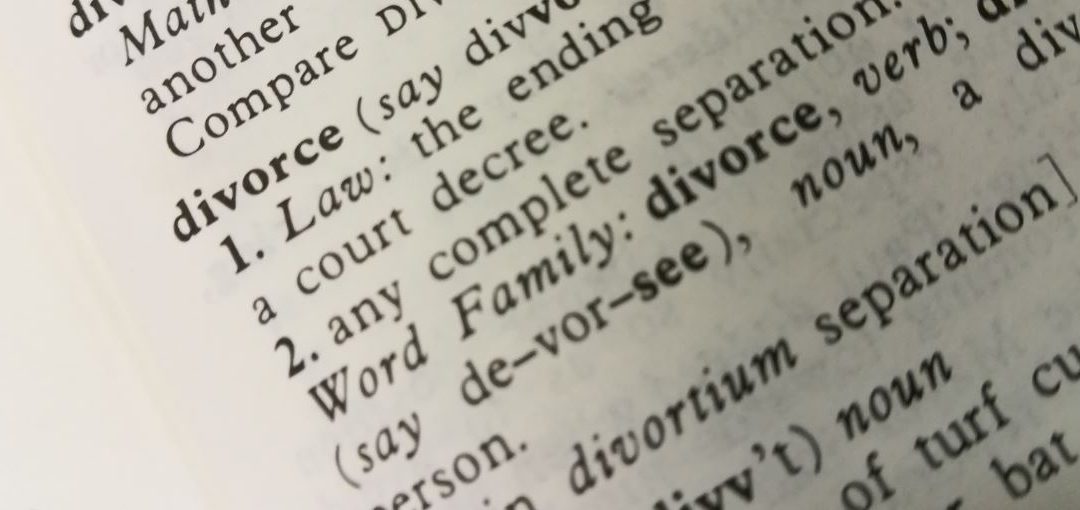I was watching the recent ITV drama ‘Girlfriends’ when something struck a chord with me. We saw unhappy Gail receive her Decree Nisi from the court and rather tearfully exclaim ‘well, that’s it then’. Later, Gail’s friend Sue pointed out that she wasn’t actually divorced at all – she would still have to wait for her Decree Absolute.
This started me thinking of the many times my divorce clients have asked exactly the same question when being presented with their Decree Nisi. “Is that it then?” And the answer is always “no” – Decree Nisi is a major step, but it’s not the last one!
Let’s talk about the divorce process, as a helpful guide for current and future clients. The starting point for any divorce within England and Wales is when one party to a marriage applies to court for a divorce. The person who applies is called the Petitioner, The application is called the Petition. It gets sent to court with a fee of £550, because that’s currently how much the court charges for processing your paperwork. The court will need your marriage certificate too.
There is only one basis for getting divorced in England and Wales, namely that the marriage has ‘broken down irretrievably’. But you also need to state the reason why it has broken down and there are 5 reasons to choose from – adultery, behaviour, desertion, separation for 2 years (if the other party agrees to be divorced) or separation for 5 years (if the other party doesn’t agree). And then you need to provide details. A member of our Family team can help you with this.
The Petition is then sent by the court to the other party, the wife or husband of the Petitioner. That person has to respond, so they are called the Respondent. There is an “acknowledgment of service” that the Respondent must sign and return. Cheerful Respondents sign straight away, but it is not unknown for a grumpy Respondent to tear up the “acknowledgment of service” or throw it in the bin. If the Respondent fails to acknowledge receipt, your solicitor will advise how best to proceed.
Once it is established that the Respondent has seen the Petition, the Petitioner is entitled to apply for Decree Nisi. A statement must be filed confirming that the facts in the Petition have not changed since you sent it to court. You won’t need to attend court in person for this. The Decree Nisi is the half way point of the divorce process.
The Decree Absolute is the final stage of the divorce process and brings the marriage to an end. Another request has to be filed at court but you can’t do this until 6 weeks and 1 day after the date of the Decree Nisi. 6 weeks and 1 day? Please note that I don’t make the rules, I’m just telling you what they are! An interval of 6 weeks and 1 day may seem a long time, but there are often reasons to postpone your application for Decree Absolute even longer- for example, if maintenance or property or pensions need to be sorted out. Your solicitor can discuss this with you in more detail.
Although this review of divorce all started with a TV drama, let me emphasise that commencing divorce proceedings is a really big real-life decision. If you are undecided about what to do for the best, get in touch for a confidential chat about your options rather than doing nothing now and regretting it later. Our friendly Family team at Clarkes can help you. If you are contemplating divorce or if you have received a divorce petition, I will be happy to assist.
Emma Davies is a Solicitor with Clarkes’ Family team. Clarkes have offices throughout Shropshire. Contact us for legal advice about children issues, divorce and related financial matters or email the Family team at family@clarkeslaw.co.uk


Recent Comments